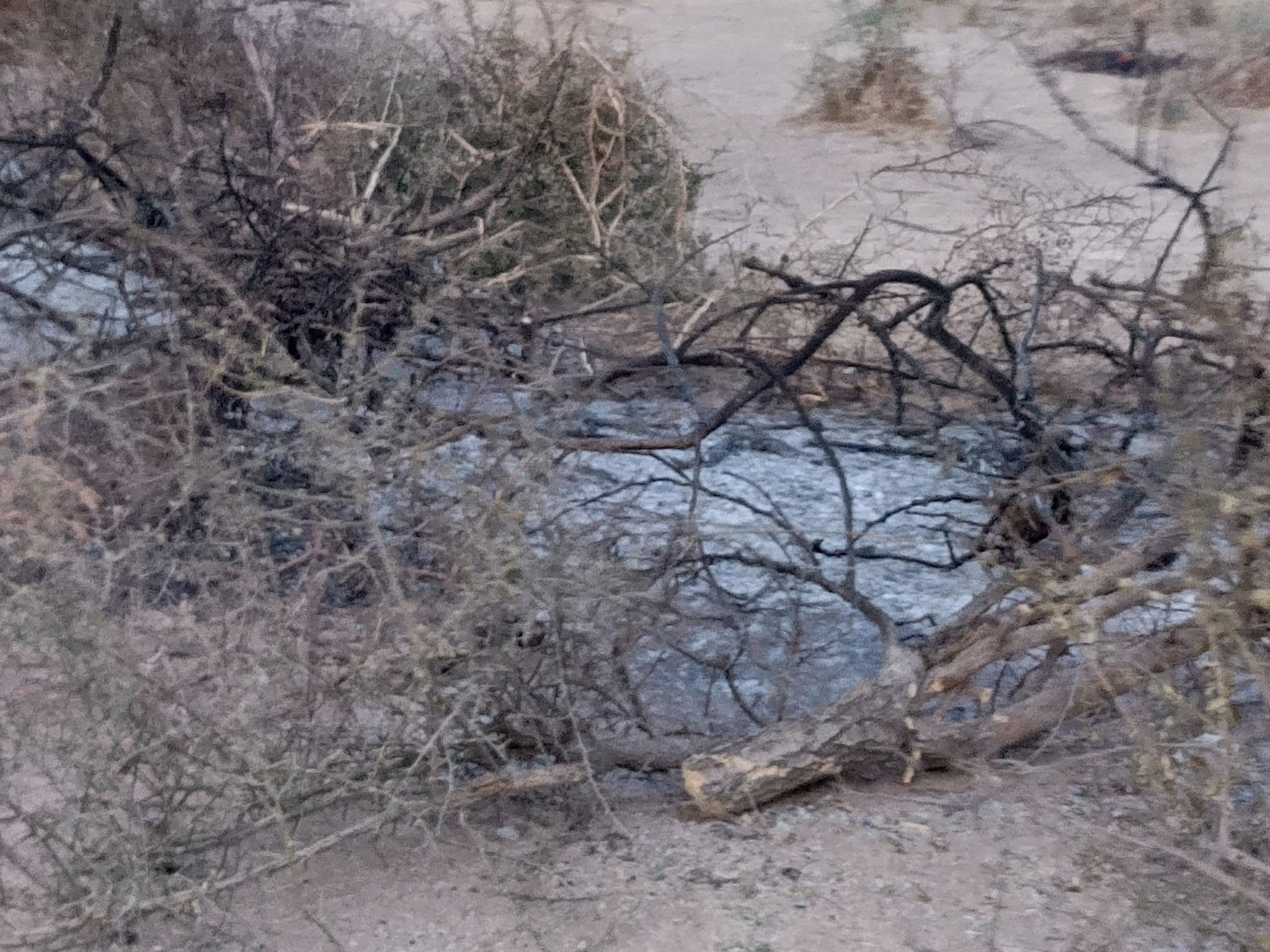By Leocadia Bongben
The Minister of Territorial Administration met with the population of Mayo Kani, telling them their approach to express dissatisfaction with the creation of the Ma Mbed Mbed Park was not the best.
The crisis meeting was held a few days after Mayo Kani residents protested the creation of Ma Mbed Mbed Park on February 7, claiming it would take away their farmland and lead to conflict with elephants.
The Cameroonian government established the park, which covers over 12,000 hectares, in 2020. On February 7, the population protected the launch. of the project, criticizing the government for not consulting them enough during the process.

According to Professor Ngoussandou Bello Pierre, National Coordinator of Jag Sir, the National Toupouri Cultural Association, the Toupouri community sees this as a plot against their land and livelihoods. Elephants make no distinction between ethnic groups, faiths, or occupations; their existence poses a hazard to everyone, including the BIR camp, about 12 kilometers away. Kidnappers usually target Taibong and Guidiguis before fleeing to protected territory in Chad. Expanding this region with the proposed park would only exacerbate insecurity.
“To calm emotions, the government must own its error and repeal the degree. Given the determination of the local populace, if the government persists, elephant extinction will become unavoidable,” Ngossandou said.
According to Greenpeace, Cameroon’s Far North is already facing significant challenges, particularly concerning security, and is one of the regions most affected by climate change. Last year, it experienced multiple waves of flooding. Food insecurity remains a persistent issue.

Dr. Lamfu Fabrice, Forest Campaigner at Greenpeace Africa, hails the initiative of creating a park to address climate change and promote social and professional integration.
However, he says, “The project drastically reduces the land and resources accessible to local communities. This is why their critical role in the sustainable management of their land and environment must be acknowledged. Unfortunately, making decisions without their free, prior, and informed consent might result in difficult circumstances like this one.”
Greenpeace urges the administration to reconsider the initiative. This is one too many threats for the residents of the Far North.
This protest follows a similar one held a few weeks ago in the southern region when inhabitants of the Camvert project in Campo came to the streets to demand that the corporation change its specifications. According to the inhabitants, the document does not adequately protect their rights. The current situation in the Far North provides similar issues to those encountered by Campo residents, particularly human-wildlife conflicts, land grabbing, and a lack of consultation with local communities before project development.

The Minister of Territorial Administration, Atanga Nji Paul, urged the residents of Kaele in the Mayo Kani Division of the Far North Region to use non-violence and proper administrative channels to address their concerns.
The minister urged the population to maintain the nation’s values of peace, stability, social cohesion, and communal living. After listening to the people’s problems, he assured them he would submit their concerns to the Head of State but also urged them to use legal means, such as the use of civil, religious, political, or traditional leaders, rather than violence, and to remain calm while waiting for a response from the nation’s Father.

